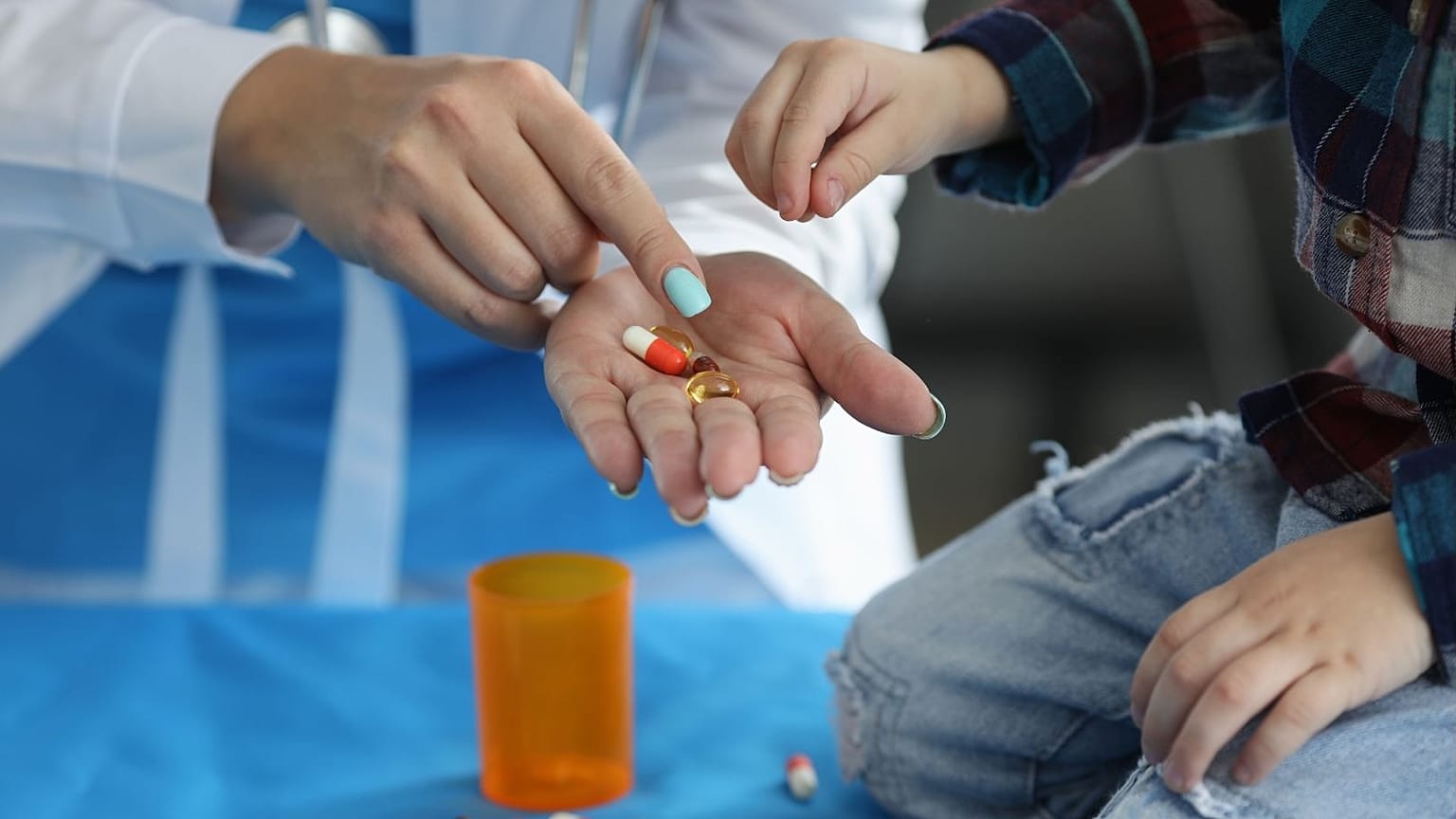Health
Study Reveals Rapid ADHD Medication Prescriptions for Young Children

A recent study highlights concerning trends in the prescription of medications for young children diagnosed with attention-deficit/hyperactivity disorder (ADHD) in the United States. The analysis indicates that paediatricians frequently opt for immediate medication following a diagnosis for children as young as four and five years old, contrary to established medical guidelines.
According to the study published in the journal JAMA Network Open, which examined data from more than 9,700 children, the recommended practice is to initiate treatment with six months of behavioural therapy before considering medication. Dr. Yair Bannett, the study’s lead author and an assistant professor of paediatrics at Stanford University, expressed concern over this trend, emphasizing the benefits of starting ADHD treatment with a behavioural approach. He stated, “It has a big positive effect on the child as well as on the family.”
In the United States, approximately 11.4 percent of children aged between three and 17 have been diagnosed with ADHD, which manifests through symptoms such as distraction, forgetfulness, and hyperactivity. Early detection is crucial, as untreated ADHD can significantly impact a child’s academic performance and future development.
The primary treatment options include behavioural therapy that empowers children to develop essential skills, and medications like Ritalin or Concerta, which help manage hyperactivity and inattention. While many children benefit from a combination of both therapies, guidelines specify that children diagnosed at ages four or five should ideally begin with behavioural therapy alone.
Despite these recommendations, the study found that 42.2 percent of children diagnosed with ADHD were prescribed medication within one month of their diagnosis. Only 14.1 percent received medication after a period exceeding six months. This trend raises questions about the accessibility of behavioural treatments, as noted by Dr. Bannett.
While the research does not raise safety concerns about these medications for young children, it does reveal that many discontinue use due to side effects such as irritability and emotional fluctuations. Dr. Bannett remarked that parents often find the “side effects outweigh the benefits,” highlighting a need for careful consideration in treatment approaches. He further added, “We never think of medication as the only solution for ADHD.”
The study’s limitations are noteworthy, particularly its focus on the United States, making it uncertain how these findings would translate to other regions, such as Europe. Previous research has indicated that children in North America are more likely to receive ADHD medication compared to their peers in Europe.
As paediatricians navigate the complexities of ADHD treatment, this study serves as a critical reminder of the importance of adhering to established guidelines and prioritizing behavioural therapy for young children before resorting to medication.
-

 Top Stories3 months ago
Top Stories3 months agoTributes Surge for 9-Year-Old Leon Briody After Cancer Battle
-

 Entertainment4 months ago
Entertainment4 months agoAimee Osbourne Joins Family for Emotional Tribute to Ozzy
-

 Politics4 months ago
Politics4 months agoDanny Healy-Rae Considers Complaint After Altercation with Garda
-

 Top Stories4 months ago
Top Stories4 months agoIreland Enjoys Summer Heat as Hurricane Erin Approaches Atlantic
-

 World5 months ago
World5 months agoHawaii Commemorates 80 Years Since Hiroshima Bombing with Ceremony
-

 Top Stories3 months ago
Top Stories3 months agoNewcastle West Woman Patricia Foley Found Safe After Urgent Search
-

 Top Stories5 months ago
Top Stories5 months agoFianna Fáil TDs Urgently Consider Maire Geoghegan-Quinn for Presidency
-

 World5 months ago
World5 months agoCouple Convicted of Murdering Two-Year-Old Grandson in Wales
-

 World5 months ago
World5 months agoGaza Aid Distribution Tragedy: 20 Killed Amid Ongoing Violence
-

 World5 months ago
World5 months agoAristocrat Constance Marten and Partner Convicted of Infant Murder
-

 Top Stories4 months ago
Top Stories4 months agoClimbing Errigal: A Must-Do Summer Adventure in Donegal
-

 Top Stories4 months ago
Top Stories4 months agoHike Donegal’s Errigal Mountain NOW for Unforgettable Summer Views









